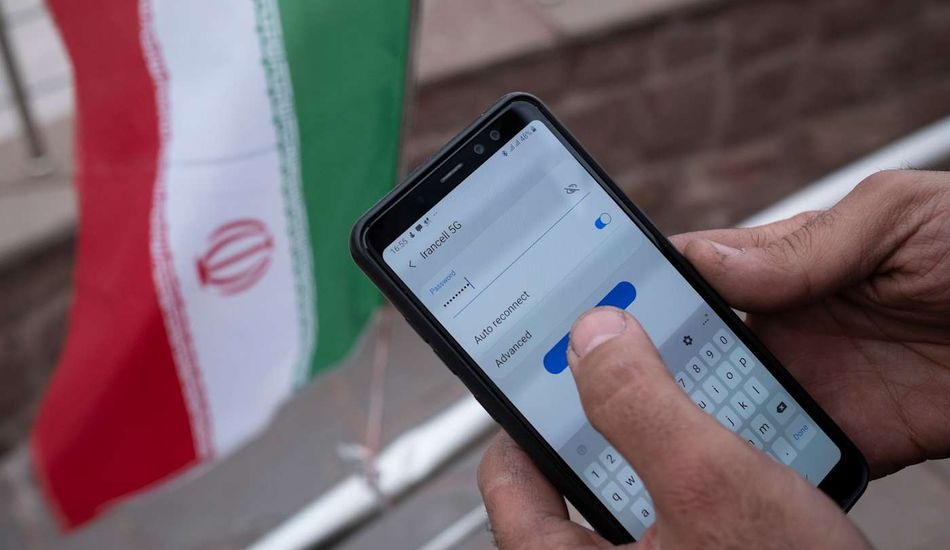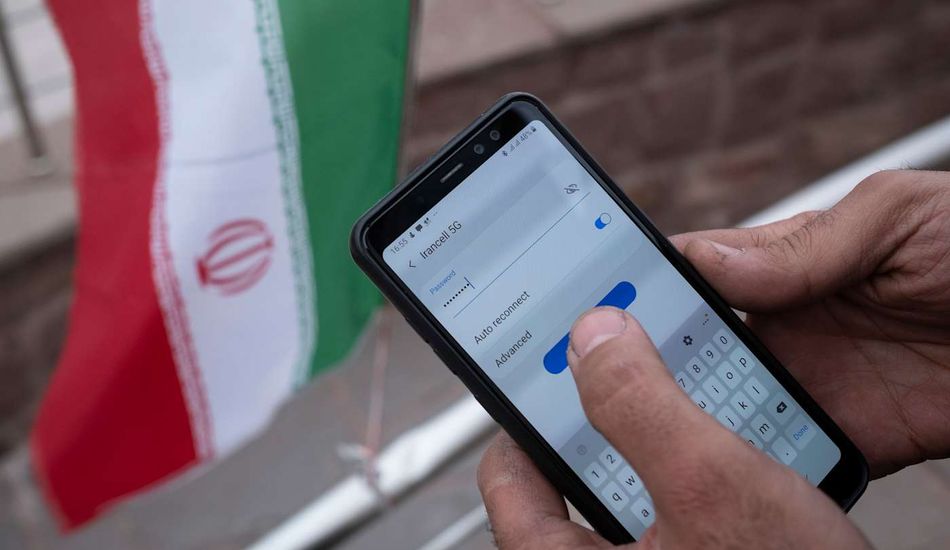
Iran Restricts Internet Access Amidst Cyberattack Fears
Amid rising tensions, the Iranian government has significantly restricted internet access within the country. The decision, according to reports from sources like The New York Times and NBC News, appears to be aimed at thwarting potential cyberattacks from Israel. Think of it as a digital lockdown, intended to protect critical infrastructure.
Fatemeh Mohajerani, a spokesperson for the Iranian government, stated that these measures were necessary to maintain network stability, citing "the enemy's cyber attacks." The government is reportedly planning to reduce internet bandwidth by a staggering 80 percent, a move that has drastically impacted the online experience for Iranian citizens.
Companies that monitor global internet connectivity, such as Kentinc and Netblocks, have confirmed a sharp decline in Iran's internet connection. This disruption isn't new; Iranians have been experiencing difficulties accessing online services for days. Mobile data networks have been completely down in some areas, and VPNs, which many rely on to bypass restrictions, have been intermittently blocked. It's like trying to navigate a city with all the street signs removed.
Beyond simply blocking access, the Iranian government has also taken aim at specific messaging apps, most notably WhatsApp. Citizens have even been urged to delete the app from their phones, with accusations that it collects data and sends it to Israel. WhatsApp, for its part, has refuted these claims, expressing concern that such "false reports" will be used as an excuse to block their services, especially "at a time when people need them the most." It is a claim and counter-claim situation.
The restrictions, while ostensibly for defensive purposes, have a significant impact on the daily lives of Iranians. While officials claim the measures are in place to prevent Israeli cyberattacks, they also inadvertently hinder people's ability to receive warnings about potential threats and to connect with loved ones during emergencies. Furthermore, with map services like Google Maps rendered unusable, even simple tasks like evacuation become significantly more challenging. It is like trying to find your way in the dark.
The Iranian government is promoting its own national internet services, known as N.I.N., as an alternative. However, many citizens are wary of these platforms, citing security concerns. Given past incidents, this reluctance is understandable. It is no secret that Iran has been linked to several cyberattacks in the past. Cybersecurity firm Radware has even reported a surge in cyberattacks on Israel since its strike on Iran, attributing these attacks to Iranian state actors and pro-Iran hacker groups. It is a complex digital chess game, with moves and counter-moves playing out in real-time.
1 Image of Internet Restrictions:


Source: Engadget